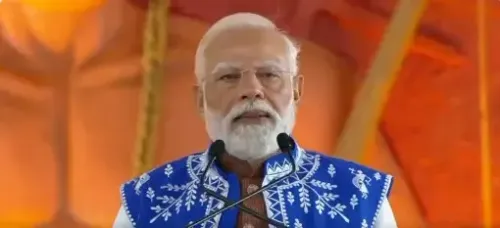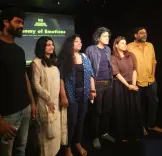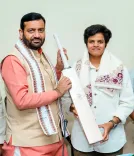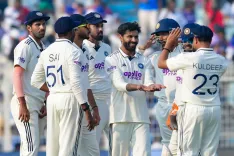Can the Bihar Verdict Hide the ECI’s Shortcomings?
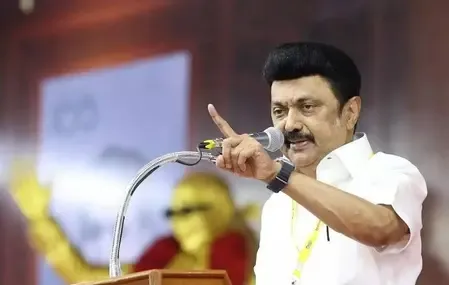
Synopsis
Key Takeaways
- Election results reflect a combination of governance and messaging.
- Public trust in the ECI is essential for democracy.
- Strategic introspection is necessary for political alliances.
- Voter engagement is influenced by effective campaigns.
- Transparent electoral institutions are needed.
Chennai, Nov 15 (NationPress) Tamil Nadu Chief Minister M.K. Stalin stated on Saturday that, despite the decisive nature of the Bihar Assembly election results, they cannot overshadow the “misdeeds and reckless actions” of the Election Commission of India (ECI). In a strongly articulated statement shared on X, he highlighted that the credibility of the election body has reached an all-time low, advocating for a more transparent and impartial institution capable of inspiring confidence across the political spectrum.
As the DMK leader, Stalin remarked that the Bihar election outcome, which resulted in a significant victory for veteran leader Nitish Kumar, imparts crucial lessons for political entities and the broader democratic process.
While congratulating the Chief Minister-elect of Bihar for his substantial win, he also praised RJD leader Tejashwi Yadav for his “tireless and spirited campaign” that resonated with the electorate, especially the youth.
He emphasized that election results are seldom influenced by a single factor; they are indicative of a mix of welfare initiatives, effective social coalitions, clear ideological stances, and the impact of political messaging. He noted that the Bihar mandate reaffirms that voters respond positively to consistent governance, lucid communication, and trustworthy leadership.
Stalin pointed out that the INDIA coalition, of which the DMK is a major part, consists of seasoned leaders adept at interpreting the political signals emerging from Bihar. He stressed the necessity for the alliance to engage in strategic self-reflection to meet the evolving expectations of the electorate ahead of upcoming elections.
He asserted that dedicated oversight “until the last vote is polled” remains essential for any successful campaign.
Returning to his critique of the ECI, he reiterated that the organization must not lose public trust, particularly as democratic accountability faces intense scrutiny. He insisted that the Commission’s operations should foster confidence “even among those who do not win”, warning that a decline in faith in the electoral body ultimately undermines India’s democratic foundations.
Stalin’s statements arise amidst increasing discussions within opposition circles regarding the conduct of recent elections, with numerous leaders advocating for the fortification of electoral institutions to ensure fairness, transparency, and public trust in the world’s largest democracy.



